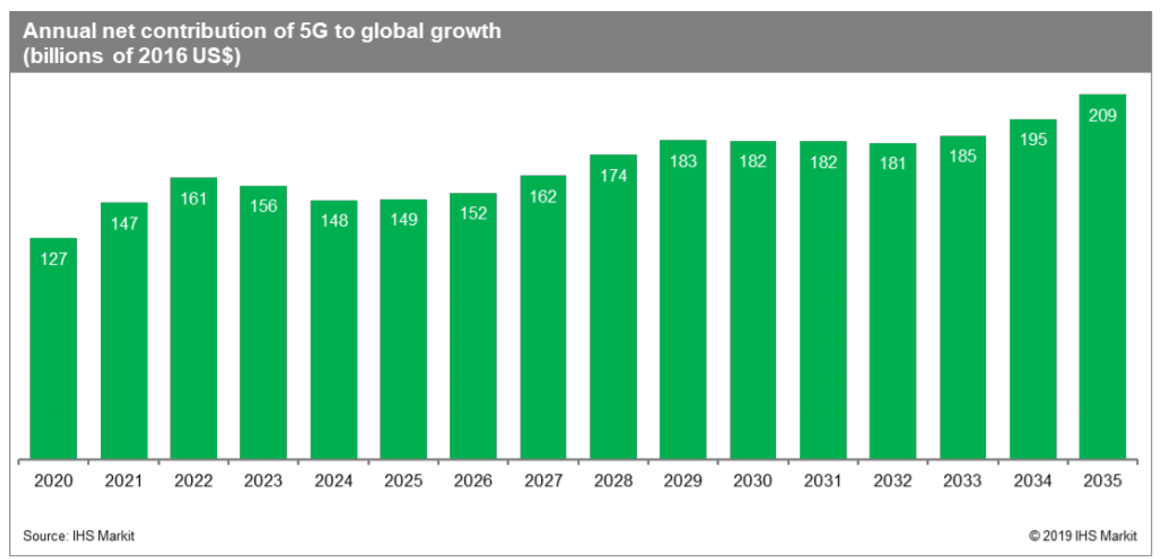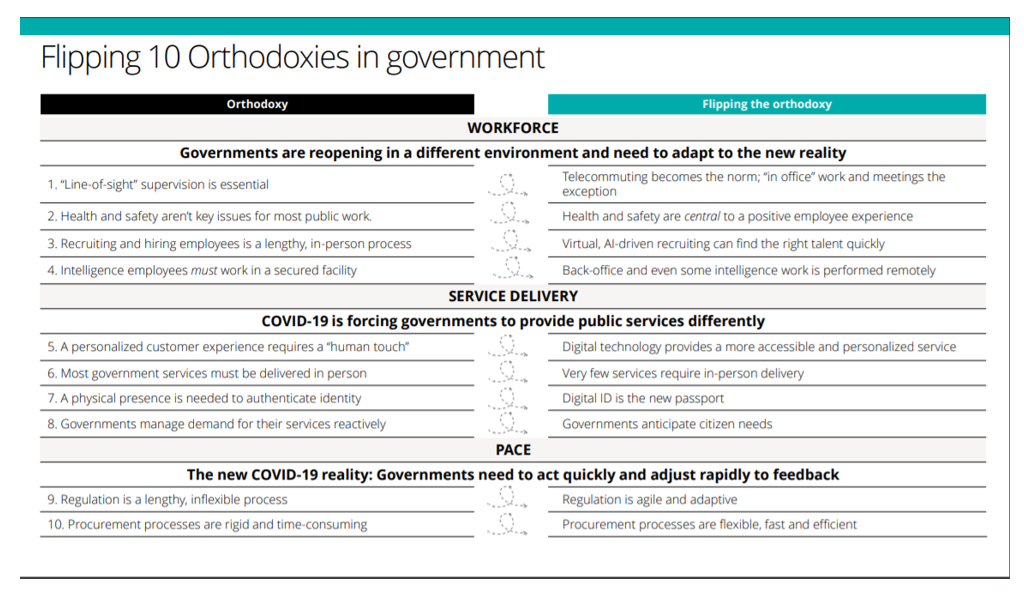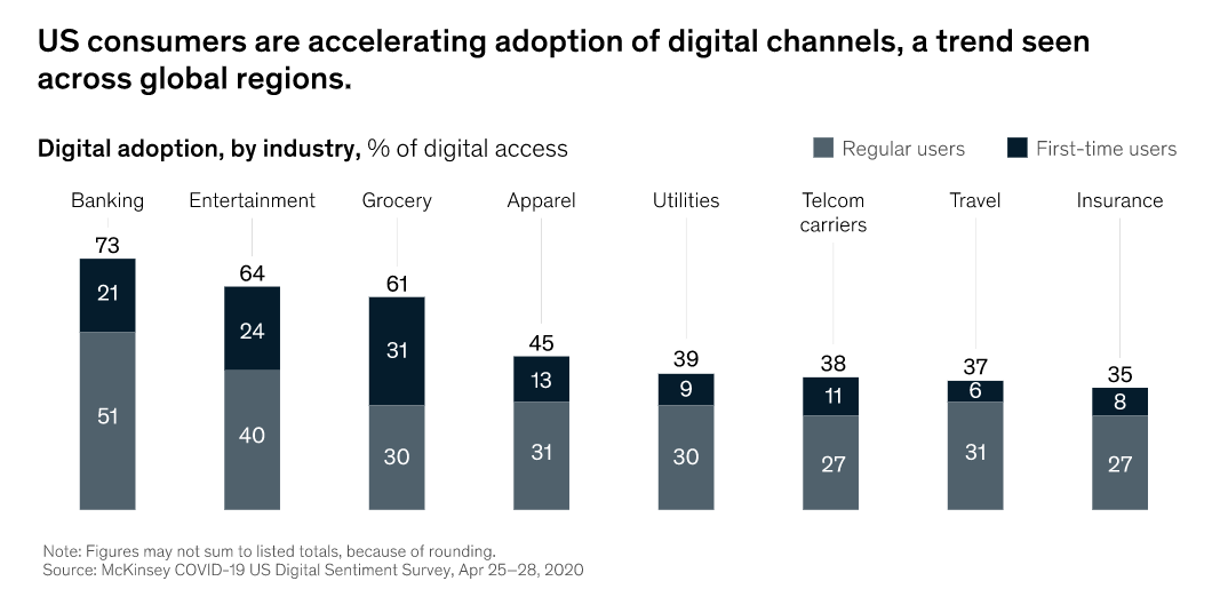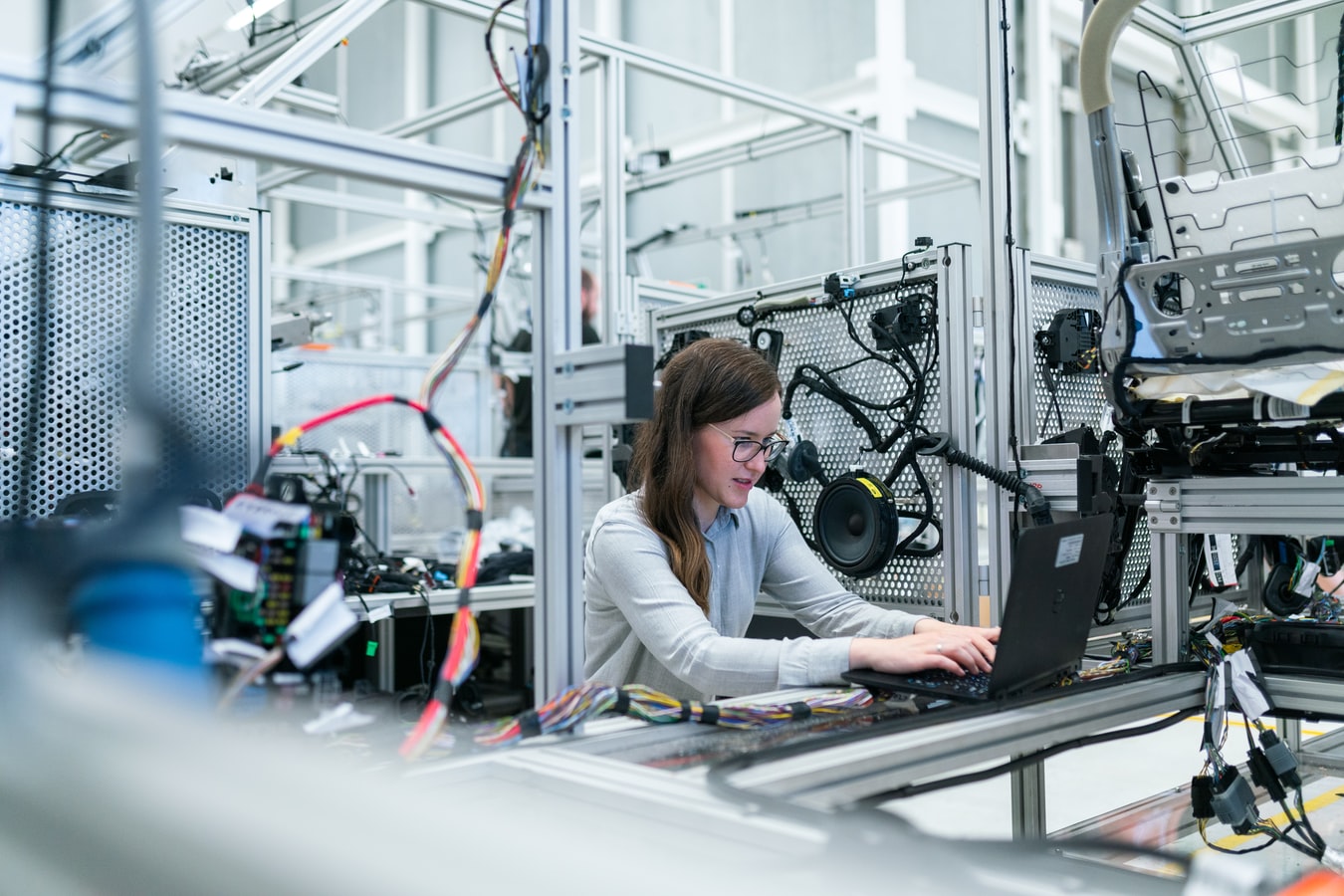This article is brought to you thanks to the collaboration of The European Sting with the World Economic Forum.
Author: Ruth Hickin, Strategy & Impact Lead, World Economic Forum
- Rapid technology developments during COVID have saved lives and kept economies going.
- Newly created solutions, created quickly and without the proper governance, could exacerbate inequality during the recovery.
As the world undergoes a great reset in the wake of COVID-19, our ability to harness and disseminate the new technologies of the Fourth Industrial Revolution (4IR) will play a key role in ensuring our recovery from the pandemic and the avoidance of future crises.
The possibilities of new 4IR technologies, deployed appropriately, should be used as the baseline to reinvent the way we operate in the new context: everything from government services, education and healthcare, to the way business interacts with and provides value to its customers.
However, if not directed with purpose, the 4IR has the potential to exacerbate inequality. We must take proactive steps, through governance, to ensure technology adoption does not heighten the abuse of power, biases, wealth disparities, exclusion and the loss of livelihoods. Here’s why technology plays a critical role in ‘building back better.’ coronavirus, health, COVID19, pandemic
What is the World Economic Forum doing to manage emerging risks from COVID-19?
The first global pandemic in more than 100 years, COVID-19 has spread throughout the world at an unprecedented speed. At the time of writing, 4.5 million cases have been confirmed and more than 300,000 people have died due to the virus.
As countries seek to recover, some of the more long-term economic, business, environmental, societal and technological challenges and opportunities are just beginning to become visible.
To help all stakeholders – communities, governments, businesses and individuals understand the emerging risks and follow-on effects generated by the impact of the coronavirus pandemic, the World Economic Forum, in collaboration with Marsh and McLennan and Zurich Insurance Group, has launched its COVID-19 Risks Outlook: A Preliminary Mapping and its Implications – a companion for decision-makers, building on the Forum’s annual Global Risks Report.
Companies are invited to join the Forum’s work to help manage the identified emerging risks of COVID-19 across industries to shape a better future. Read the full COVID-19 Risks Outlook: A Preliminary Mapping and its Implications report here, and our impact story with further information.
Reason 1: Digital infrastructure will be as important as physical infrastructure
The transformation of government in the area of digital infrastructure will be vital as technology services become an essential public utility comparable to electricity, water or roadways. Most notably, governments that can develop and maintain robust and resilient networks will open the door to new economic opportunities, cost efficiencies and improved quality of life for residents. 5G and next generation network technologies, for example, are expected to be at least 10 times faster than 4G LTE and some experts say they could eventually be 100 times faster. When combined with lower latency and expanded edge computing, these networks can unlock transformative new 4IR technologies like autonomous vehicles or remote surgery with the potential to save millions of lives.

Expanded network capacity will also fuel an expansion of the internet of things, providing governments with real-time situational awareness to build more responsive services to withstand future crises. Building and maintaining this digital infrastructure will require new models of public-private collaboration to overcome funding shortages, address gaps in technical capacity and ensure sustainable business models.

Reason 2: To survive, every business in the world will truly have to be a technology company
No industry has been untouched by the global response to COVID-19. The world can no longer operate as it has, and as such markets will have to respond to new and evolving needs. It’s no longer optional to have a remote working policy, or to not have a technologically skilled workforce. Furthermore, companies can no longer choose whether they’ll leverage data to gain better insights and the retail industry can no longer rely solely upon physical spaces to sell and deliver products.
Companies that invest in AI to understand customer needs in more depth will be able to deliver products tailored to a COVID-19 world. Blockchain technology can help create secure and responsive supply chains that meet the exponential demand for products. Technology, such as drones or robots, will deliver products on demand, in a safe contactless way, and in an ‘on demand’ time horizon. Those that play a leading role in reskilling staff to utilize technology will have the most resilient and adaptable workforce. They will also benefit from the deployment of tools such as chatbots to enable exceptional and tailored customer service. As companies switch to distributed and networked operating models, cyber resilience will be more important than ever.

Reason 3: Frontier Technologies could solve social and environmental challenges
Embracing frontier technologies, the next phases in technology development, be essential across all sectors as part of the great reset. Technologies such as 3D printing can revolutionize supply chains, enabling mass customization and offering new pathways to increase the circularity of products. When combined with other unique and new technologies, such as synthetic biology, there is the potential to offer dramatic new solutions to health and environmental challenges, such as 3D printing skin or organs. To that end, space and satellite technology combined with artificial intelligence could provide new insights to slow down or halt environmental damage caused by climate change.
Looking ahead
A post-COVID world seeks a new social contract, and technology will play an ever more important role in society. Restrictions on social interactions and physical spaces have become commonplace around the globe, and individuals and organizations are now reliant on technology to help manage daily life, sustain basic services and combat the pandemics spread or resurgence. Technology has a vast potential to stop the spread of future pandemics and major shocks particularly through the sharing of data, it will also have a critical role to play in areas such as digital service provision and the upskilling of citizens to successfully navigate the new context.

To be sure, the extent to which these benefits are maximised, and the risks avoided depends on the quality of governance protocols – policies, norms, standards and incentives that shape the development and deployment of technologies. For instance, while 3D printing offers many benefits, it may provoke unintended consequences, such as potential workforce displacement, impacts on trade volumes and supply chains, fiscal and non-fiscal challenges to customs at borders, and room for intellectual property and legal violations. Such risks underscore the need to tackle tech governance to best leverage these innovations.
“The private sector, academia and civil society must work together on the responsible development, deployment and dissemination of new and emerging technologies.” —Ruth Hickin
Inclusion must be a key guiding principle as existing regulations and policies often leave people behind and do not benefit all realms of society equally. Autonomous vehicles police, for example, don’t always prioritise access and environmental benefit, leading to the replication of existing mobility models that cause congestion, pollution and unequal access to vehicles for those in poverty or with additional needs.
To give shape to new norms and standards, there is a need for a global and trusted space where leading technology companies, dynamic start-ups, policy-makers, international organizations, regulators, business organizations, academia and civil society can collaborate to develop and test the agile policy norms and partnerships needed to stimulate the enormous potential of science and technology, deliver rapid growth and generate sustainable, positive impact for all.
To make this change happen, the private sector, academia and civil society must work together on the responsible development, deployment and dissemination of new and emerging technologies. This will take a shift in mindset, and in process, so that both the design of technology and the way it is adopted by both government and the private sector accounts for the potential societal ramifications – both good and bad.
We know that technology’s impact on the world has already been dramatic and whilst this shift may be challenging, the immense benefits of harnessing new technology responsibly will have a dramatic impact on resetting a post COVID-19 world to one with improved healthcare as well as better environmental, educational and economic outcomes for all.















